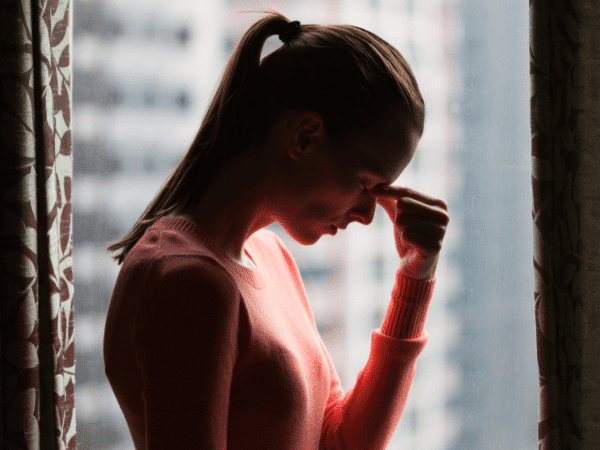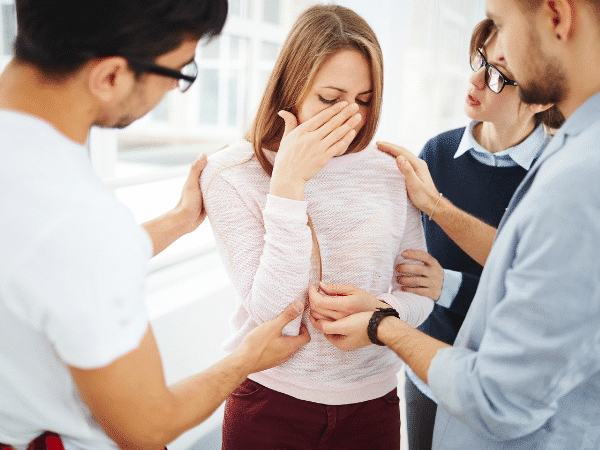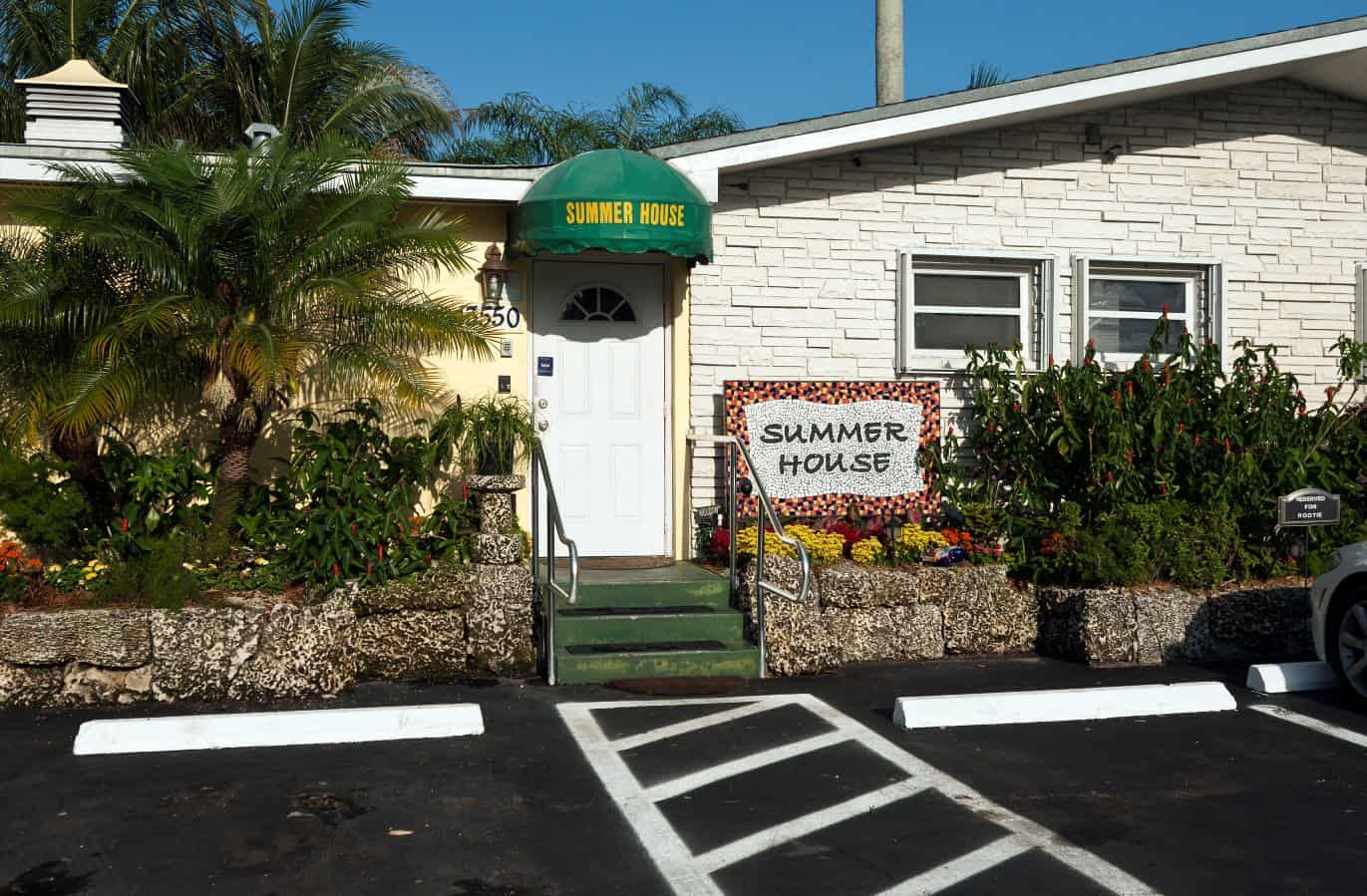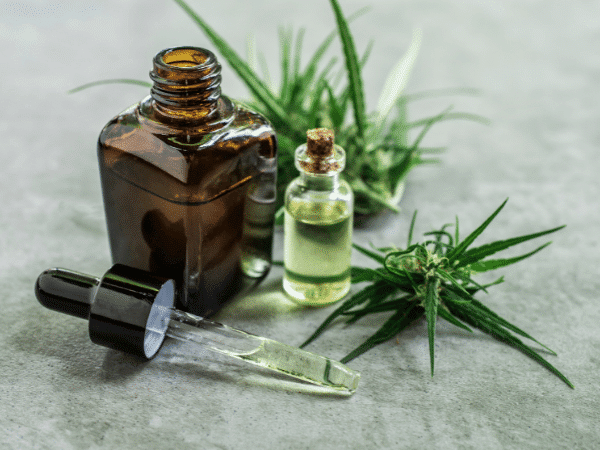CBD, or cannabidiol, is a chemical that derives from the cannabis plant. CBD has been demonstrated to be effective in treating some seizure disorders. However, many people also believe CBD oil is effective in treating numerous health conditions, including Crohn’s disease, multiple sclerosis, Parkinson’s disease, bipolar disorder, schizophrenia, and diabetes, just to name a few. However, there is no real evidence that CBD works with such health conditions, other than for seizure disorders or to recover from addiction. Recently, however, CBD and marijuana have been touted as a way to stop using benzodiazepines, aside from benzo detox treatment.
What Are Benzos and How Bad Is Withdrawal?
Benzodiazepines, or benzos, are a class of prescription medications such as Xanax, Ativan, and Klonipin, which are usually prescribed to help people sleep or deal with anxiety. According to the National Institute of Drug Abuse, in 2019 alone, among all overdose deaths involving opioids, 16 percent involved benzodiazepines.
Benzos can be helpful medications for short-term use. But they are quite addictive. Other people become addicted to benzos after using them recreationally. Withdrawal from benzos can be uncomfortable. Symptoms include increased anxiety, insomnia, nausea, muscle aches, and fatigue.

In the search for ways to stop using benzos, some people have tried to use methods of CBD treatment for addiction to benzos and withdrawal.
Can You Use CBD for Withdrawal on Benzos?
The use of CBD for benzodiazepine withdrawal has not been studied in terms of CBD oil specifically, but a recent study did offer some support for the use of marijuana instead of using benzodiazepines. And while the idea of addiction treatment using CBD is discussed as a way to deal with benzo addiction, mixing CBD oil with benzos can lead to unexpected changes in liver enzymes. In turn, this can actually cause a buildup of the levels of benzos in the body and lead to increased sedation and the risk of overdose. So, if you are taking CBD oil to taper off the use of benzos, for example, you could be combining CBD and benzos in the wrong way and end up being over sedated.
Additionally, the use of CBD for withdrawal has not been studied extensively, has no supporting evidence of overall safety, and no guidelines are available about how much CBD for benzo withdrawal is safe or effective. A benzo detox and management of benzo withdrawal are definitely not something you should undertake at home, but rather under a doctor’s care.
Benzo Detox: Best Way To Recover From Benzo Addiction
Benzo detox involves tapering a person off of a benzodiazepine safely. This can be accomplished in several ways, but benzo withdrawal should be managed by experienced substance abuse treatment professionals in a supervised setting. Generally, detox involves 24-hour supervision. An inpatient facility is typically the safer and better choice for benzo addiction treatment. As earlier mentioned, benzo withdrawal symptoms tend to get severe. Thus, it is ideal to have a professional medical staff monitor the well-being of the patient.
However, some facilities provide detox in an outpatient setting in Florida. An outpatient setting might be appropriate for someone who doesn’t have a severe addiction or who might otherwise be able to taper off the medication with limited medical oversight. This could work well for those who have a strong support system at home. But an assessment of the patient is important to provide the best treatment option according to their individual needs.
Supporting A Loved One Recovering From Addiction
Helping out a loved one with any type of addiction is always challenging. You may expect to receive a heavy denial or negative reaction from your loved one struggling with addiction. Know that this is a normal and common situation. No matter how your loved one got into benzo addiction, it can be difficult for them to recover on their own. They need your love and support during this crucial time. Additionally, your role is to positively influence them during their treatment phase and even until after the treatment.
Coming together with loved ones, either with close friends or family, to help the addicted person open up about his or her addiction problems is an effective way to encourage them to get treatment. In other times, however, it can backfire if you express anger towards them or shame them for their condition. It doesn’t help to threaten them or negatively reprimand them to get them into benzo treatment. Instead of getting them to get help, you may trigger them to develop mental health problems such as depression or axiety.

When speaking to a family member about their addiction, don’t be judgmental. Rather, be gentle and direct with them. Let them know that you want to help them and will do whatever you can to assist them with entering into a treatment program. It can also help to reach out to their physician to discuss the situation.
Supporting your loved one in treatment and recovery generally involves understanding that addiction stems from a brain disease, not from a failure of morals. Attend self-help groups that can help you gain an understanding of your loved one’s addiction and recovery process and share in the experiences of other people going through the same situation.
What Should I Do to Get Help?
Once you or your loved one agrees to get help, you may wonder what treatment options are available. If you are wondering how to get treatment in Florida, Summer House Detox Center can provide you with benzo detox in Florida in a comfortable setting with numerous amenities.
Some people may need further treatment for benzo addiction. If so, Summer House Detox Center can help arrange for longer-term treatment at another facility after your loved one undergoes benzo withdrawal and detox. Visit Summer House Detox Center at 13550 Memorial Highway Miami, FL 33161. You can also take the next step to get help for you or your loved one by calling us today at (800) 719-1090. We will do our best to help you all the way through recovery.









